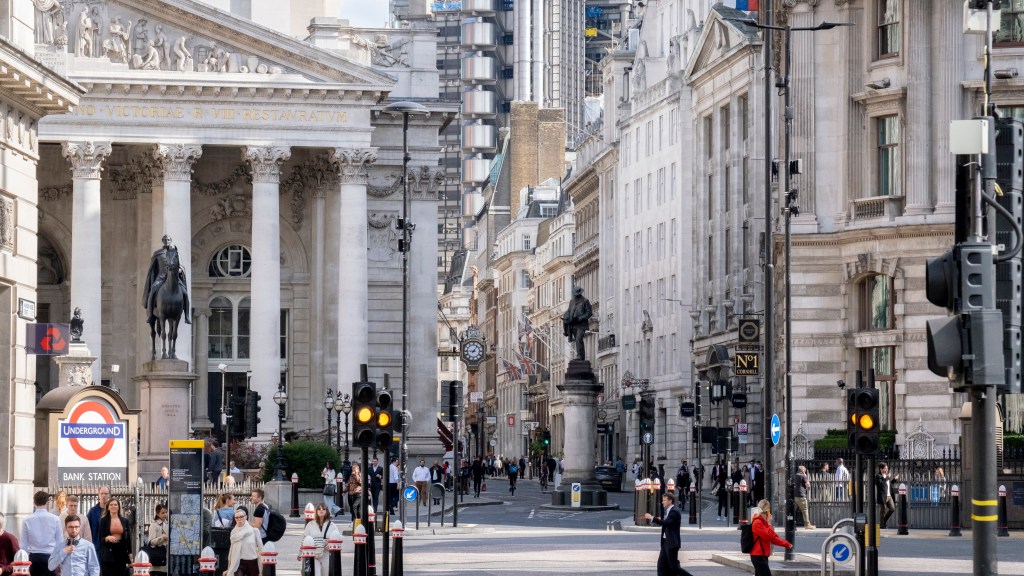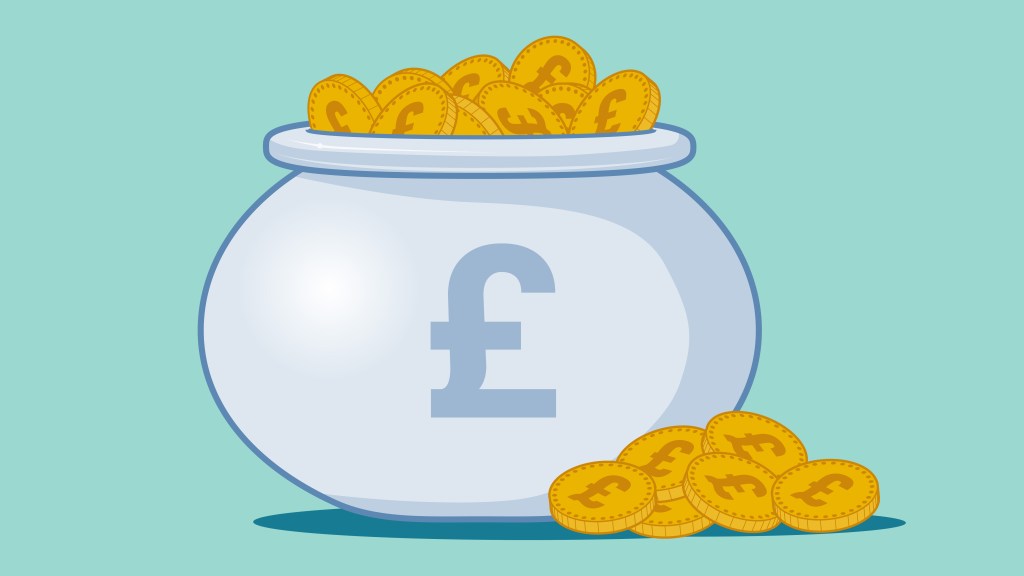Wage Growth Slows and Unemployment Increases in UK, Upcoming Data Indicates
Recent economic indicators are anticipated to reveal a slowdown in wage growth alongside an increase in unemployment during the spring, coinciding with an overall economic contraction.
Data from the Office for National Statistics (ONS), set for release on Tuesday, is expected to show that wage growth, excluding bonuses, has dipped to 5.4 percent in the three months leading to April, down from 5.6 percent. Additionally, unemployment is projected to rise to 4.6 percent, up from 4.5 percent.
Andrew Bailey, the Governor of the Bank of England, addressed the Treasury select committee last week, indicating that a continued decline in wage growth is crucial for potential reductions in interest rates, which have recently decreased to 4.25 percent from a high of 5.25 percent.
Bailey expressed his belief that wages will decrease this year and noted, “at the moment I think that path is intact.”
Ruth Gregory, the deputy chief UK economist at Capital Economics, anticipated that wages would increase by 5.3 percent in the three months to April but suggested that it might not be long before wage growth aligns more closely with the 2 percent inflation target.
There are significant concerns regarding the reliability of the ONS’s labor market data, particularly due to a significant decline in survey response rates that inform these statistics. Recently, the ONS acknowledged that the inflation estimate of 3.5 percent for April was overstated by 10 basis points due to erroneous car tax information supplied by the government.
Research released by BDO, an accounting firm, on Sunday highlighted a recovery in business output and confidence in May, largely driven by the services sector. However, BDO’s employment index, which gauges labor market sentiment, remained at a near 13-year low.
Analysts predict that on Thursday, ONS figures will indicate a 0.2 percent contraction in the economy for April, primarily impacted by sluggish industrial production following President Trump’s tariff announcements at the beginning of the month. The International Monetary Fund (IMF) projects that the UK economy will grow by 1.2 percent this year.
Sanjay Raja, chief UK economist at Deutsche Bank, remarked, “After a strong start to the year, we anticipate some signs of moderation in GDP growth.”
The composite purchasing managers’ index (PMI), a vital indicator measuring private sector activity, improved to 50.3 in May, up from 48.5 in the previous month, surpassing the 50-point benchmark that distinguishes growth from contraction, suggesting that the economy will continue to build on its 0.7 percent growth from the first quarter into the second quarter.




Post Comment